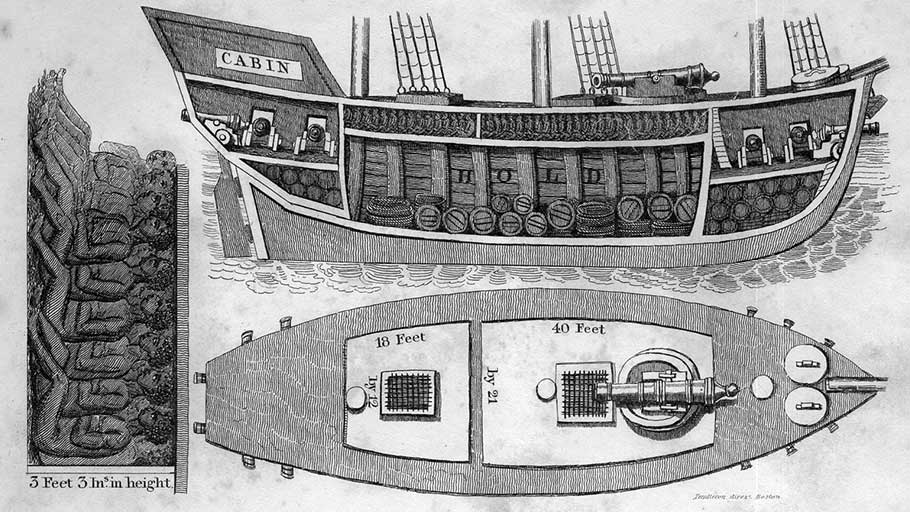
As the world ignores the ignominious 500th anniversary of the buying and selling of slaves between Africa and the Americas, historians uncover its first horrific voyages. By David Keys, The…

As the world ignores the ignominious 500th anniversary of the buying and selling of slaves between Africa and the Americas, historians uncover its first horrific voyages. By David Keys, The…
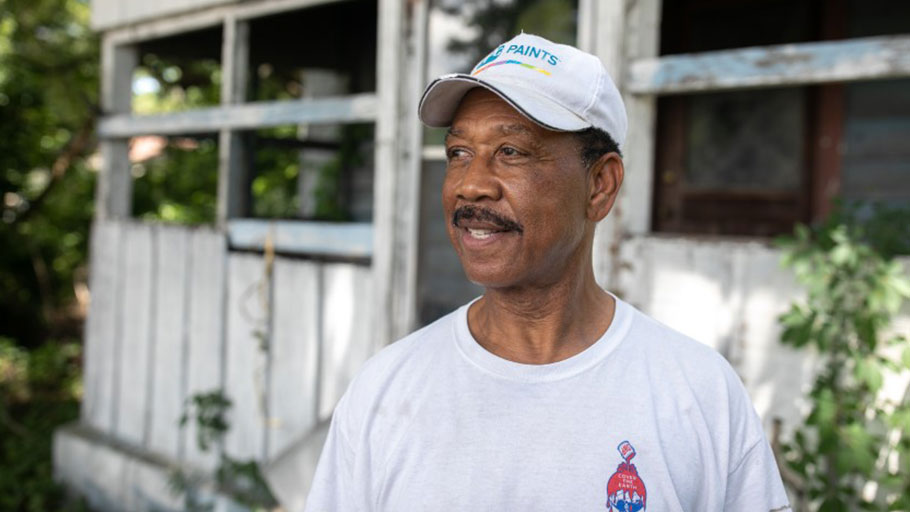
By Tyrone Beason, Los Angeles Times — CHARLESTON, S.C. — Five years before the first shots of the Civil War rang out from the harbor here in 1861, alderman Thomas Ryan and a business partner opened Ryan’s Mart at No. 6 Chalmers St. Their merchandise was slaves: African men, women and children who were prodded, picked over and auctioned off to the highest bidders. The finest adult males could fetch…

By David Commissiong — The recent announcement that the University of Glasgow has apologised for its role in slavery and has agreed to provide ₤20 Million to fund Caribbean developmental projects that…
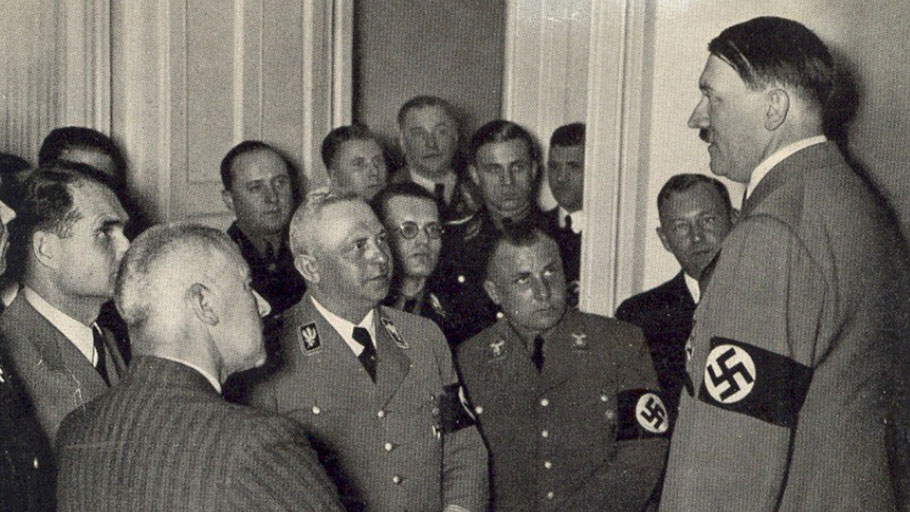
The author, Burt Neuborne, is one of America’s top civil liberties lawyers, and questions whether federal government can contain Trump and GOP power grabs. By Steven Rosenfeld — A new…

In “How to Be an Antiracist,” Ibram X. Kendi argues that we should think of “racist” not as a pejorative but as a simple, widely encompassing term of description. By…

By Donna M. Owens, Essence — Rhiana Gunn-Wright was always curious about policy, even before she fully understood the term. “Growing up I’d wonder about structures—in my neighborhood and schools,”…
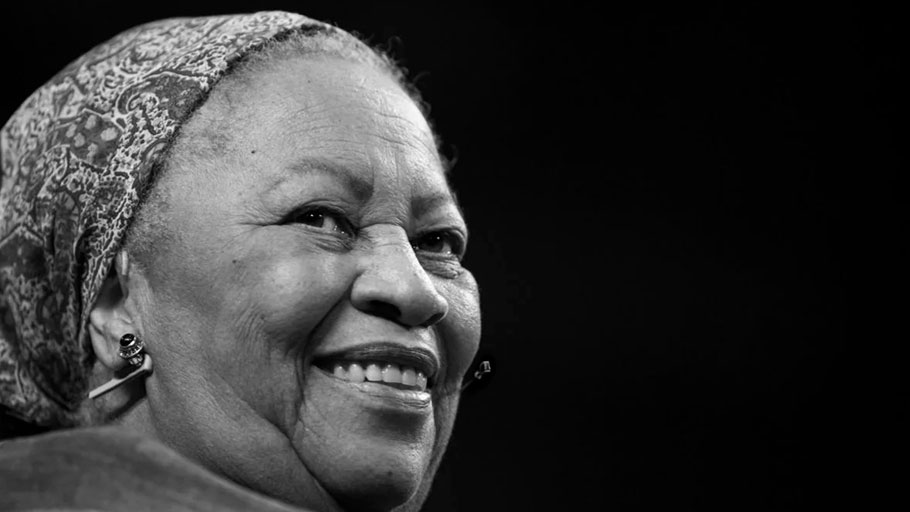
By Eisa Nefertari Ulen, Truthout — “To create art amid sorrow or oppression is to insist on excavating meaning from the dull senselessness of pain. It is to be alive and speaking back. Art dives headfirst into the uncharted perils and delights of the human condition. For people whose humanity is often denied, taking that plunge with an audience is inherently rebellious.” —Hannah Giorgis My mother called to tell me…
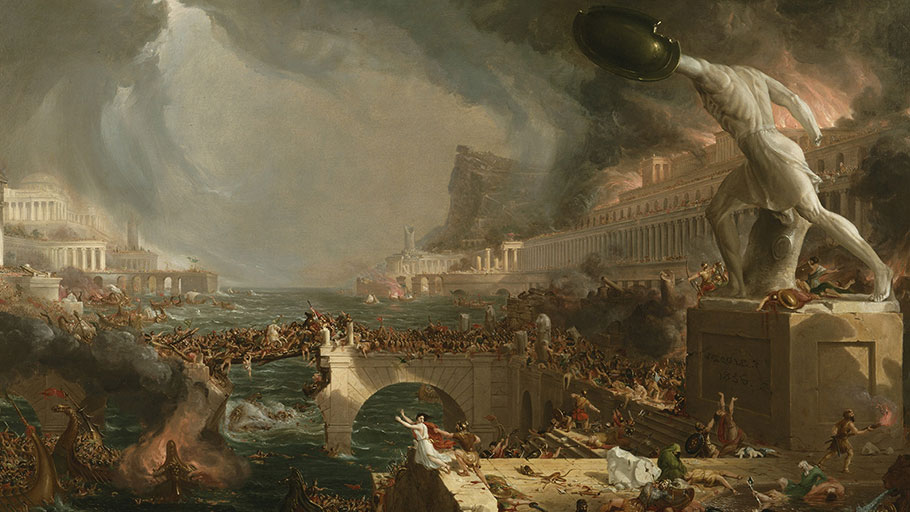
By Tom Holland, NYR Daily — When Edward Gibbon embarked on his great history of the decline and fall of the Roman Empire, he began his narrative with the accession of Commodus. Marcus Aurelius, the father of the new emperor, was a man who, in the noblest traditions of the Roman people, had combined the attributes of a warrior, a statesman, and a philosopher; Commodus was none of these. “The…

The catalyst for Black wealth also applauds Robert Smith’s gift to Morehouse Graduates. By Hazel Trice Edney — The short-term economic impact of Historically Black Colleges and Universities (HBCUs) is $15…
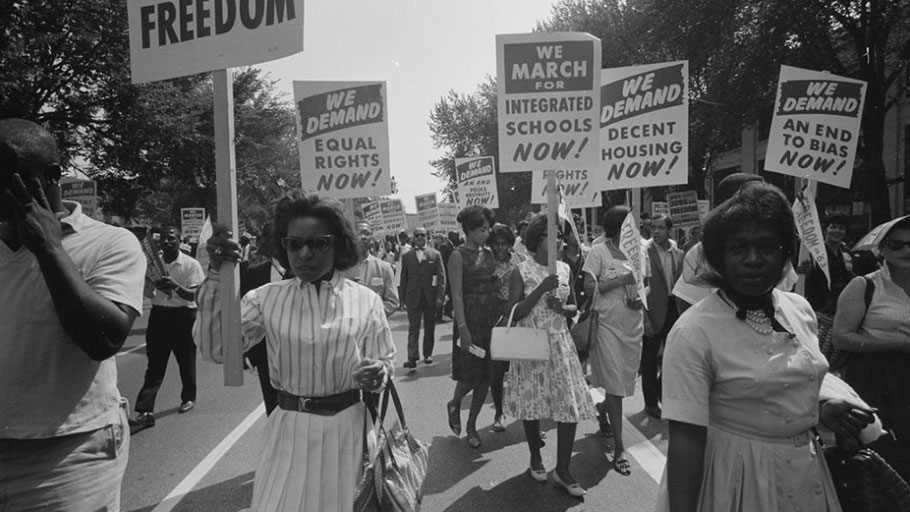
By Danyelle Solomon — 2019 marks the 400th anniversary of Africans sold into bondage arriving on Virginia’s shores. It has been 156 years since the signing of the Emancipation Proclamation, 55 years since the end of Jim Crow, and 51 years since the civil rights movement. All of these moments in U.S. history represent crossroads—moments where the country made a choice or where people demanded that the words on the pages of the Constitution and the Bill of Rights became more than words; that policies and practices were equitably distributed among all people, not just a select few…
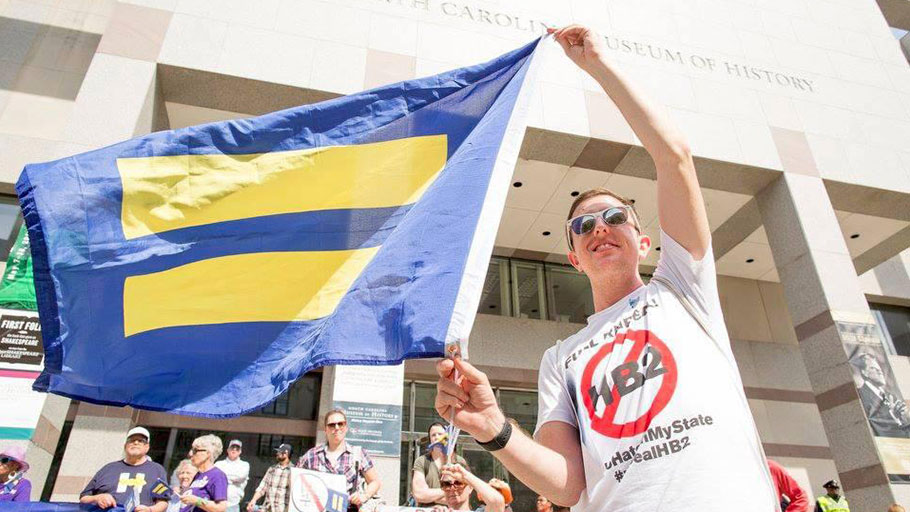
By Benjamin Barber, Facing South — This year has seen the continuation of an alarming epidemic of violence against transgender people in the United States. At least a dozen transgender people have been killed already this year, most of them women of color, according to the Human Rights Campaign. Nine of these murders have occurred in the South — yet lawmakers in Southern states have continued to target the transgender community…

By Domenica Ghanem, Newsweek — Over the last month I have watched in awe as Rep. Ilhan Omar has responded to hate with not just grace, but policy. As a Muslim American woman myself, it’s hard to imagine being in her position, with the president of the United States leading a mob chanting “send her back.” Yet Omar is continuing not only to do her job but to overperform at…